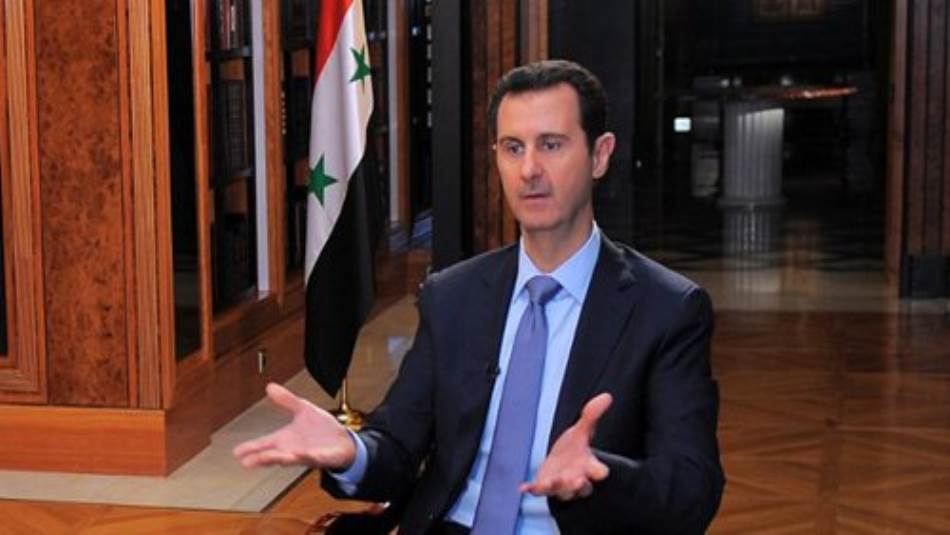President Bashar al-Assad’s recent televised interview with Sky News Arabia has raised intriguing questions about the source of his self-assured demeanour. Amidst an ongoing war and signs of renewed conflict, economic collapse, and shifting alliances, his confidence seems paradoxical. Al-Assad’s victory over the revolution remains incomplete, as opposition sentiments gain strength, and the spectre of famine haunts a populace decimated by over a decade of warfare. This prompts us to question: what fuels his audacity?
The interview itself does not provide an explanation for this trust. Speculations that UAE officials influenced this interview, prompting al-Assad to speak candidly to a channel headquartered in Abu Dhabi, only deepen the puzzle. In his discourse, he confronted Arab nations and launched a vehement campaign against Turkey’s President Recep Tayyip Erdogan, even as he refrained from criticizing his new allies. This narrative deviates from expectations that he would express gratitude for their support in a time of need.
The current Turkish-Russian relations and evolving Turkish-Arab ties add complexity to the picture. Al-Assad’s decision to openly challenge Erdogan and rebuff a meeting on Turkish terms implies a deeper understanding of these geopolitical dynamics. With Turkey fostering reconciliatory ties with the UAE and Saudi Arabia and injecting significant investments into the Turkish economy, Assad’s actions seem poised to cause tension rather than foster diplomatic progress.
Iran, another significant player, is aiming to normalize Arab relations while negotiating with al-Assad over the reimbursement of expenses incurred during the Syrian conflict, which reportedly amounts to $50 billion. Al-Assad’s current discourse does little to alleviate his political isolation or economic woes. The anticipated Emirati funding is yet to materialize, contributing to the plummeting Syrian currency and deteriorating living standards.
Assad’s audacity could stem from privileged insights, diverging from the external perception that his words appear baseless. This is particularly baffling considering Syria’s current trajectory towards famine, which could obliterate its allure for foreign investments. Russia and Iran, central to Syrian dynamics, seem to pursue goals that contrast with al-Assad’s rhetoric. A future where he offers Syria to a friendly nation becomes less plausible as Syria’s value dwindles daily.
Lebanon’s ruin serves as an eloquent cautionary tale. The value of a nation can quickly erode, especially amidst turmoil. Al-Assad’s confident stance raises more questions than answers, drawing attention to the intricate interplay of regional politics, shifting alliances, and Syria’s uncertain future. As the lion emerges from the ruins, its roar must resonate with more than mere words to shape the path ahead.
This article was translated and edited by The Syrian Observer. The Syrian Observer has not verified the content of this story. Responsibility for the information and views set out in this article lies entirely with the author.


